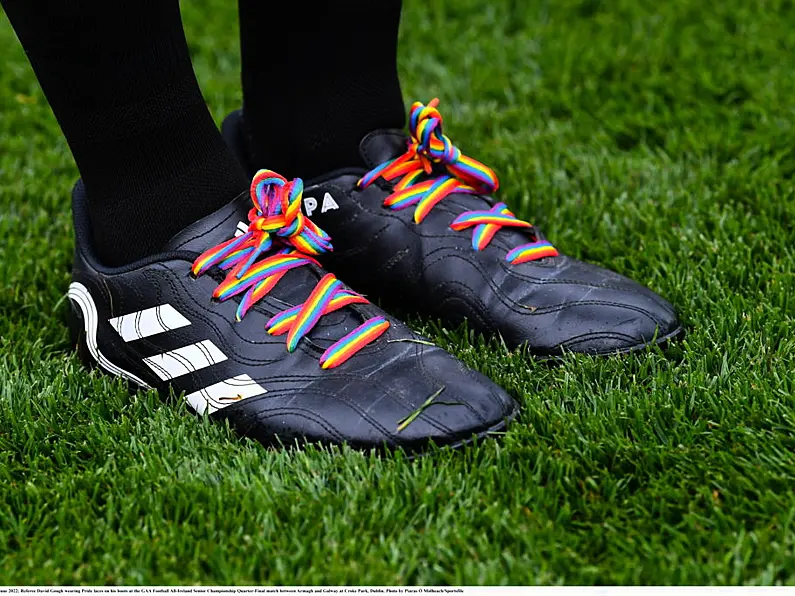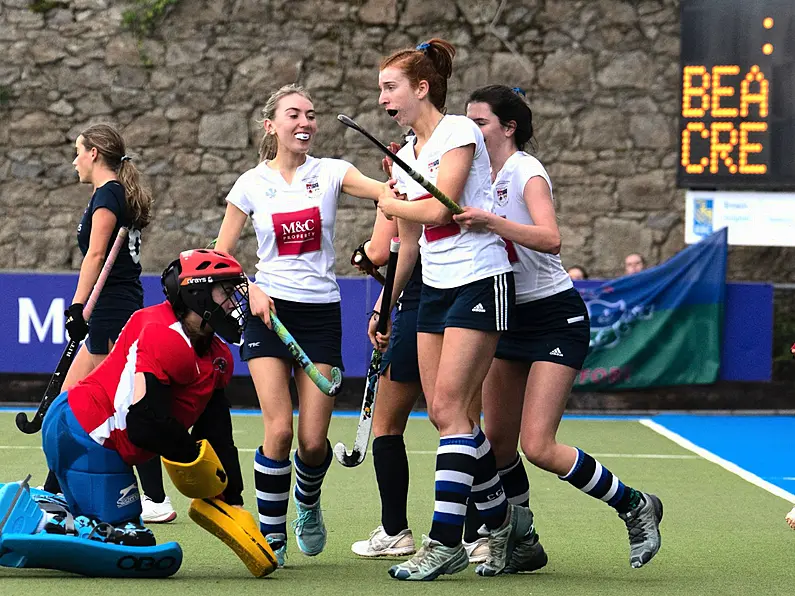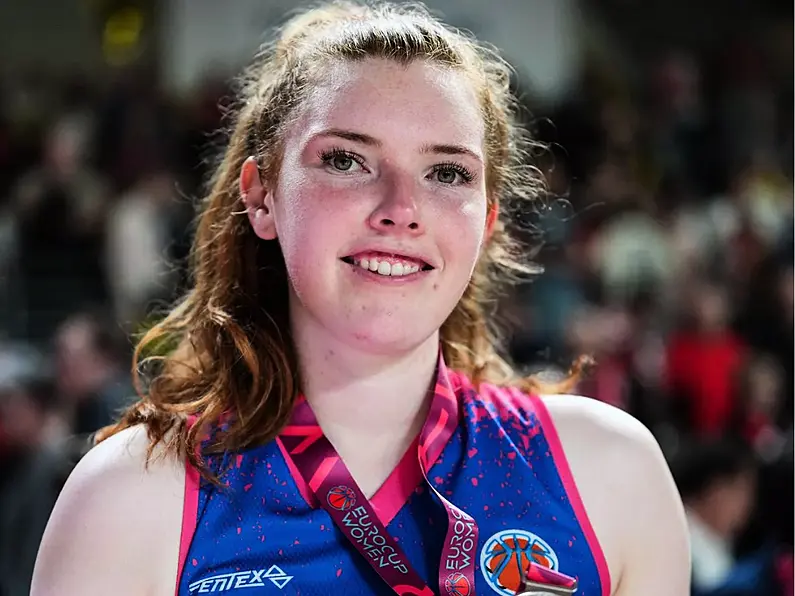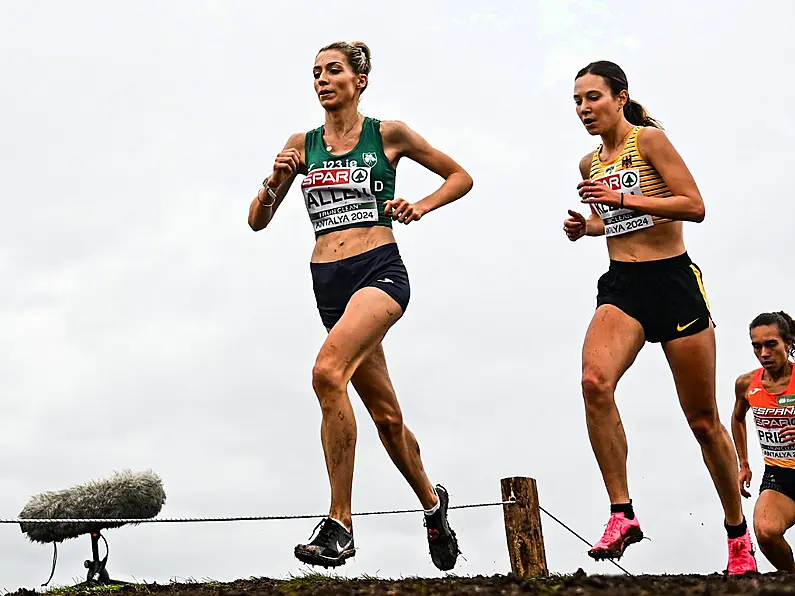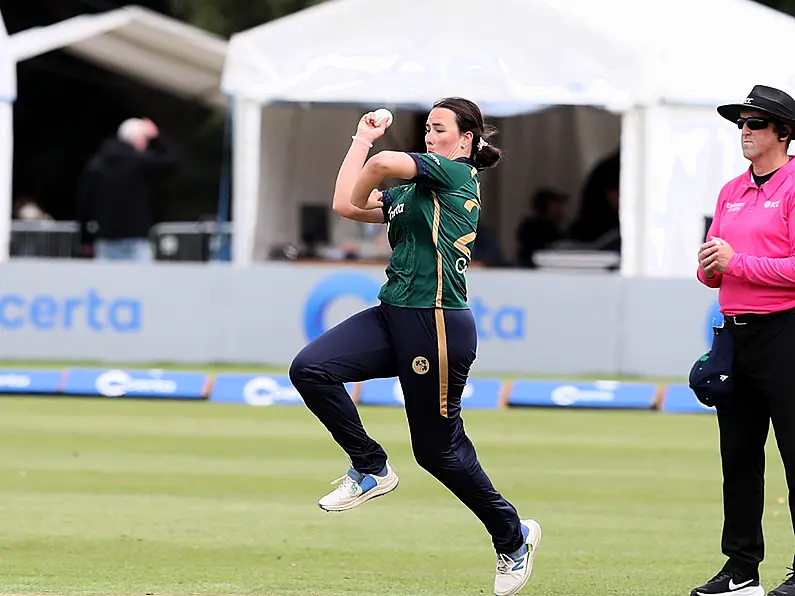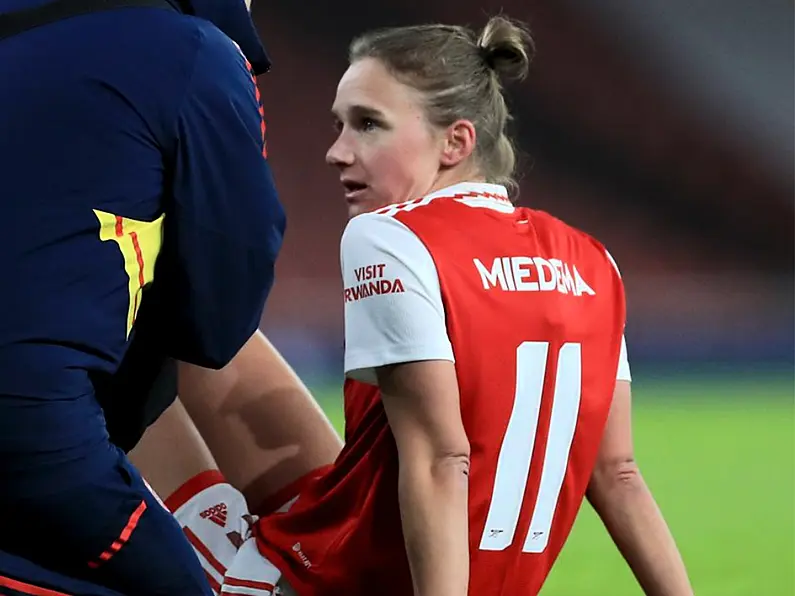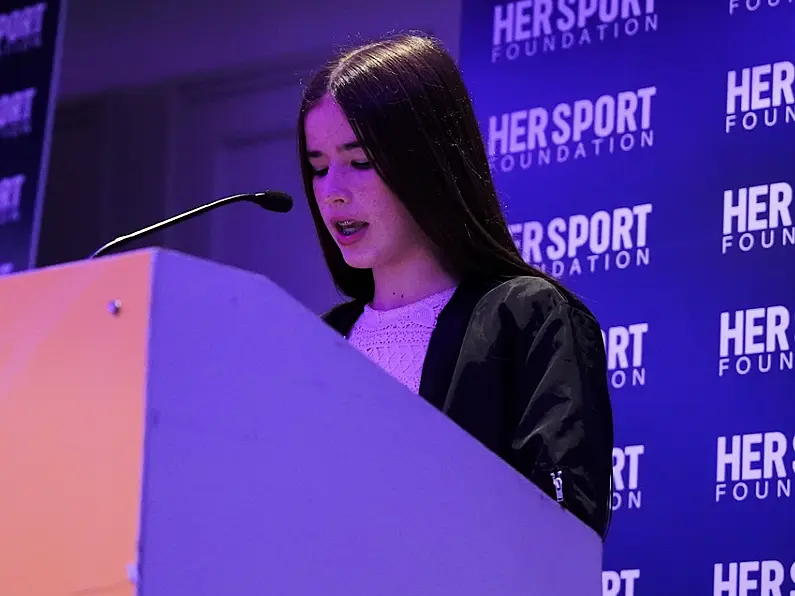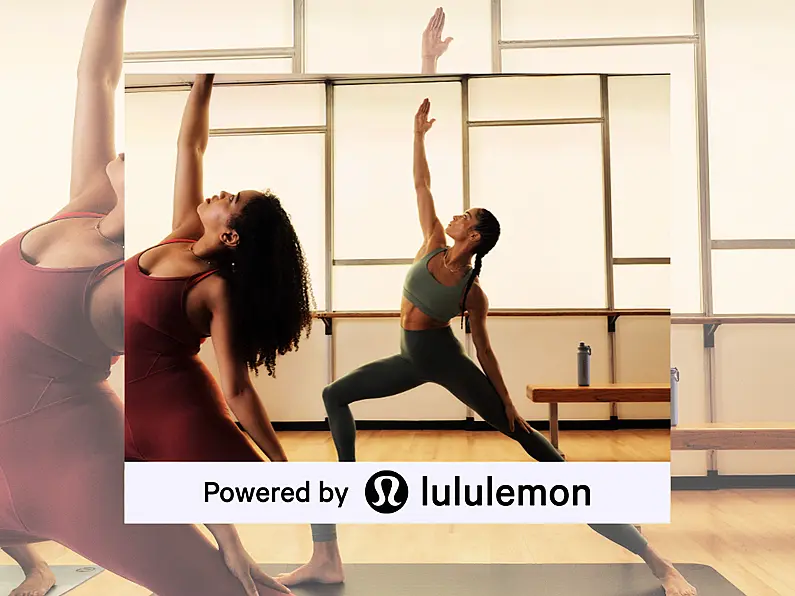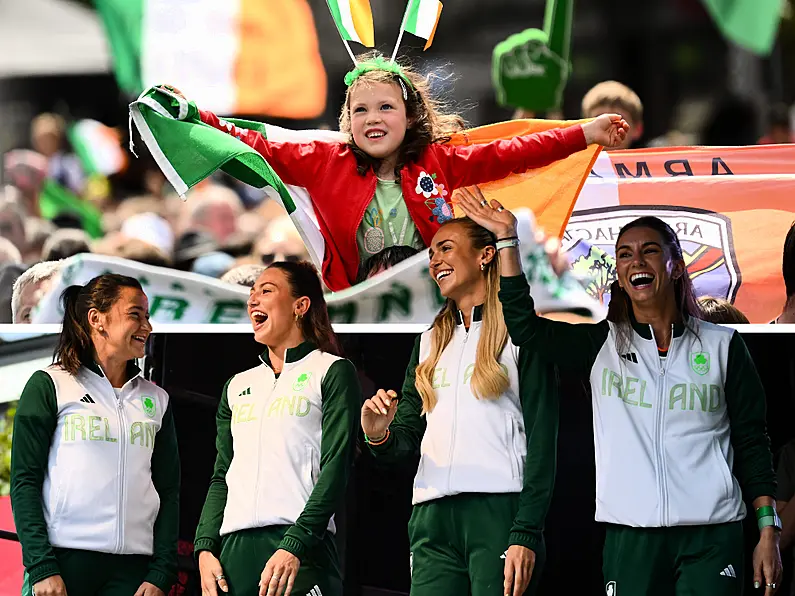Sport Ireland have published new ‘Guidance for Transgender and Non-Binary Inclusion in Sport’, with the intent of providing information and insights to assist policy development around the area within the Irish sport sector.
The document, which is 22 pages in its entirety, is said to have consulted key stakeholders within the area, and is backed up via a “comprehensive consultation process” that took place over a period of six months, with the entire project spanning more than a year.
In total, over 4,000 people are believed to have been involved in the research, varying from people involved in grassroots to high performance sport, as well as transgender and non-binary people and their families, advocacy and representative groups, and the general public.
Sport Ireland has published new guidance on the inclusion of transgender and non-binary people in sport
The document followed a six-month consultation which produced a wide range of opinions on 'how best to include everyone in sport' pic.twitter.com/uOmXCcDRxp— RTÉ Sport (@RTEsport) March 28, 2024
Speaking on the publication of this guidance document, CEO of Sport Ireland, Dr Úna May, pinpointed how it was “designed to provide support and education to National Governing Bodies when developing policies for the inclusion of transgender and non-binary people in their specific sport.”
“We acknowledge that this is a complex issue and by the very nature of sport there is no one-size fits all approach that can be applied across the board. Equally it is an area that is constantly evolving, and as such we at Sport Ireland will evolve our support to the sector through a suite of resources which are regularly updated,” she adds.
“Our ambition is always to make sport as inclusive as possible so that everyone, regardless of their background, can reap the many benefits that participation in sport brings. We would encourage all NGBs to put a policy in place if they don’t already have one.”
Guidance for Transgender and Non-Binary Inclusion in Sport - an in depth look at the document
With the document, it is recognised that “the inclusion and eligibility of transgender and non-binary people within sport has become an important issue for sports organisations around the world and is attracting increasing scrutiny at a societal level” and that while “, the final decision on the nature, type, extent and format of policies, procedures and processes is a matter for each organisation”, they are making the information available in an effort to “support organisations.”
In total, Sport Ireland provides support for 61 National Governing Bodies, 10 other funded bodies and 29 Local Sports Partnerships.
Starting with section one, on page four and five, a glossary of terms is provided, putting a definition on terms such as gender identity, non binary, transgender, trans, transitioning, transgender man, transgender woman, LGBTI+, Sex, Sport, International Federations, inclusion, NGB and LSP, while further insight into the consultation process is outlined on page six.
Context is then assembled on page seven, where it is said that “developmental differences correlate with significantly different sporting achievement between the two sexes” and that “the male muscular advantage is predominately in the shoulder girdle and this affects
performance in complex upper body actions such as performing a hockey flick or a punch.”
Statistics published alongside this information state that there is a 10-12% difference for most swimming and running events, ≈20% in jumping events and a 30% - 50% difference in weightlifting ability.
Overall, it also found that “while there is a wide range of abilities across the population, males generally outperform females in sport; physical differences are likely to persist in those who transition, whereby transgender women may retain a performance advantage.”
“Sport is for everyone. This guidance is about how to include all – while making sure we understand everyone’s needs,” the document adds.
Sport Ireland is currently requesting tenders for the development of guidance and supports for the sport sector regarding transgender and non-binary inclusion in sport and physical activity.https://t.co/gpHLTGls0l pic.twitter.com/D3nhI49Jky
— Sport Ireland (@sportireland) October 13, 2022
It then presents examples of both national and international policy, as well as laws that relate to transgender inclusion.
Section 2, titled ‘Decision Making’, then details questions and areas that organisations should consider when coming up with policy, as well as suggested methods for how that might be developed.
On this, it is cited that “consideration should be given to the following areas”, including:
- International Policy review
- Fact-finding with regards to sports science and performance analysis of your sport as well as what others are doing in similar sports and in your sport in other jurisdictions
- A further analysis of your sport with relation to the values, competition formats and levels of your sport
- Consultation across your sport and community
- New opportunities for inclusion
Finally then, reflection is advised, and that the “the current landscape suggests that main policy options for transgender inclusion” involve the following areas:
- "Self-identification based on gender (women's, men's, (or girls and boys) and some sports can offer other gender/ non/binary)
- Gender categories with entry requirements (usually testosterone suppression into the female category for trans and non-binary people)
- Sex based categories in relation to birth sex; (female/ male or female/open)*. An open category is one in which all participants are eligible irrespective of sex or gender identity."
Section 3, titled ‘Implementation and Review’, looks at the practical considerations, such as registration forms, entry requirements, the complaints and appeals process, education and support resources and communication practices, as well as direction to implement an ongoing review process.
To close out the brochure, Section 4, titled ‘Supports’, outlines Sports Ireland’s suite of additional resources, which will continue to be regularly updated here.
See Sport Ireland's full statement, as well as to get access to the overall document here.
